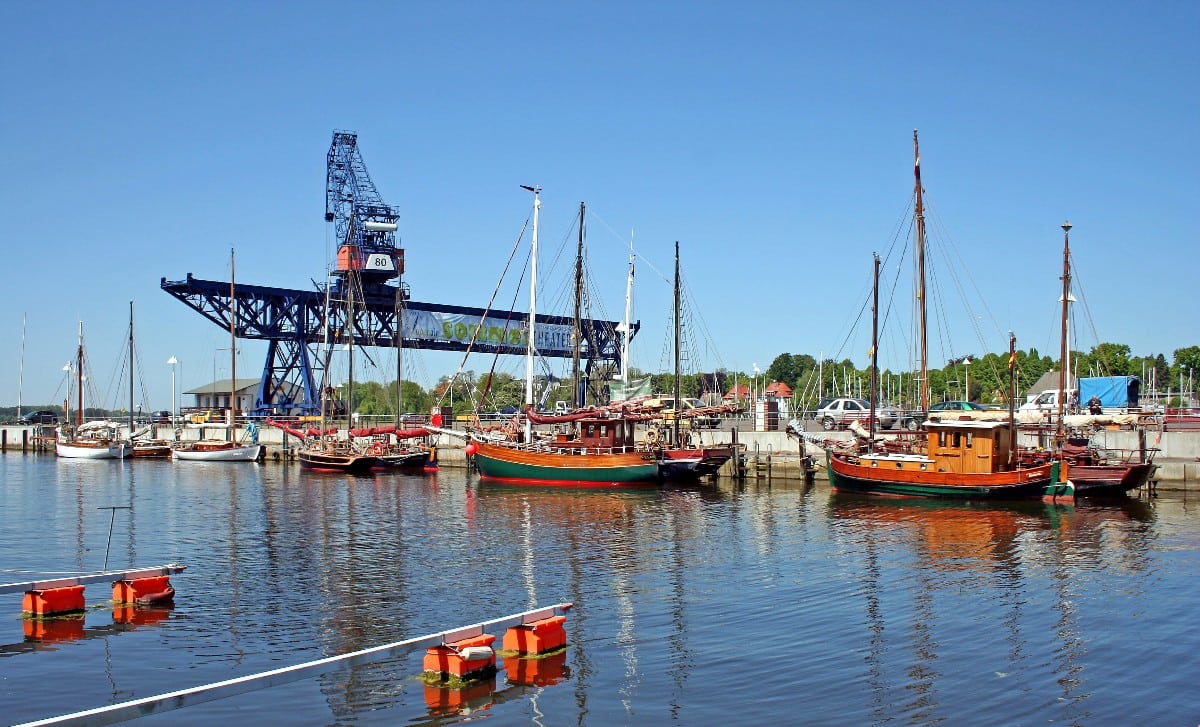 Image courtesy of wolfro54 on Flickr
Image courtesy of wolfro54 on Flickr
Construction of Nord Stream 2 Pipeline Could Cause National Security Problem in the United States
As the construction of the Nord Stream 2 pipeline looms closer to being complete (it is set to operate before late 2019) the Trump administration is strongly considering imposing sanctions on energy companies from Russia, Germany, and other European countries. These companies include ENGIE, OMV, Royal Dutch Shell, Uniper, and Wintershall. This gas export pipeline will follow the path of the existing Nord Stream pipeline, running from Russia to Germany under the Baltic Sea with the total capacity to carry 55 billion cubic meters of gas per year.
At this moment in time, top U.S. officials such as National Security Advisor John Bolton see the pipeline as a security threat to the United States and Europe. A spokesman on the National Security Council was quoted saying that the pipeline promotes too much dependence on Russia during a time when “Russia’s activities have become increasingly dangerous and unpredictable.” During his U.S. Senate confirmation hearing, Assistant Secretary of State for Energy Resources Francis Fannon, stated “The United States’ position, it is my understanding, is to strongly oppose the pipeline.” In March a group of U.S. senators wrote in a letter, “The pipeline would be a step backwards in the diversification of Europe’s energy sources, suppliers, and routes.”
Besides the United States, many Central and Eastern European countries such as Poland, Ukraine, and the Baltic states oppose this project because the pipeline would double the amount of natural gas that flows directly from Russia to Germany. This project could also decrease Ukraine’s gains from holding the middle-man position for energy flows between Russia and Europe. This would greatly increase the dependence of many European nations on Russia, providing the Kremlin billions of dollars of revenue to build up its military presence on many of Europe’s borders.
While the prospect of additional U.S.-imposed sanctions on energy companies from Russia and other European nations becomes more likely, it is important to recognize the possible consequences. These sanctions would further widen the rift between the United States and Russia, and Russia could retaliate in some way. In addition, imposing these sanctions could negatively alter the United States’ relationship with Germany and other European countries. The construction of this pipeline plays a significant role in maintaining Germany’s energy security and economic stability. German Foreign Minister Heiko Maas visited Washington two weeks ago and it was reported that several tense exchanges occurred between officials from both sides over the Nord Stream project as well as over trade and the Iran nuclear deal.
Due to the fact that imposing sanctions could create such a large strain in the relations between the U.S., Russia, and many other European countries it is important that the United States considers alternative measures that will help appease the situation while maintaining its important diplomatic relationships. U.S. energy companies are currently selling liquefied natural gas (LNG) to U.S. allies in Europe, however they have the capacity to increase exports. This would reduce European dependence on Gazprom, Russia’s primary global energy company, by giving European nations more energy companies to choose from when purchasing LNG. The results of a study by the U.S. Energy Department found that the United States economy could gain between $7 billion and $20 billion a year from exporting LNG. Additionally, these exports would force Gazprom to compete against other energy companies, allowing it to grow in the long run. Therefore, increasing exports of LNG to its European allies produces marginally positive benefits for both the U.S. and Russia. The United States should strongly consider following this course of action rather than imposing sanctions.





